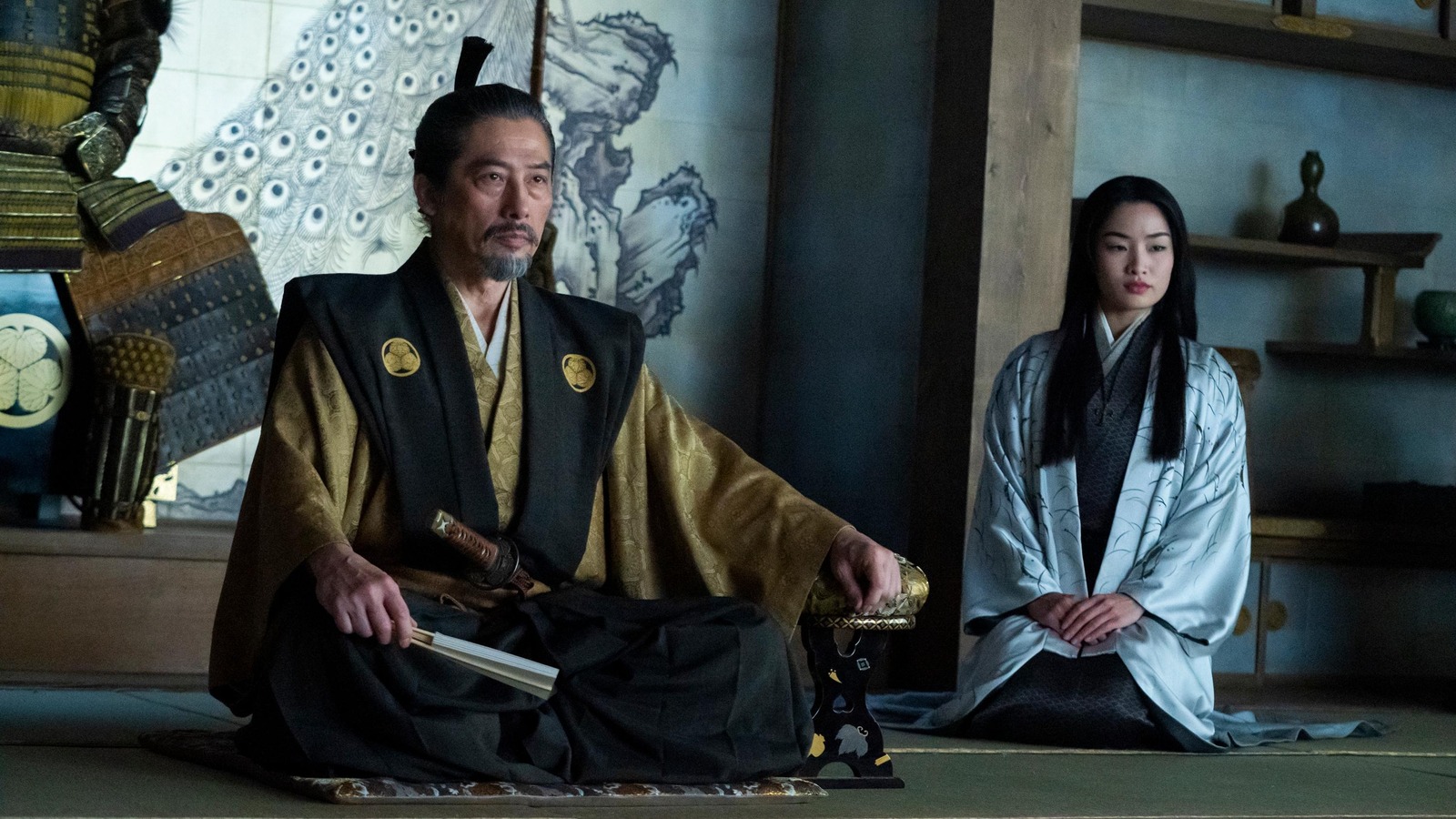
A “Succession” comparability admittedly appears weak at face worth. Not solely is no person ever murdered on this present, however “Succession” deliberately lacks a transparent good man character. “Shōgun” might have loads of morally ambiguous characters, however on the finish of the day it positive looks as if the viewer is usually supposed to love them. Blackthorne, Toranaga, and (particularly) Mariko are all given no scarcity of humanizing moments to maintain the viewers on their aspect. “Succession” gives viewers no such luxurious; there is definitely room so that you can root on your favourite Roy within the solid, positive, however the present by no means enables you to neglect that even your fave is a horrible individual.
The place the “Succession” comparability makes probably the most sense is with the present’s use of language. It is a present the place everybody’s hedging their phrases and practically each dialog is rigorously calculated. If you happen to’re not paying full consideration to the precise phrases getting used and the precise tone they’re being delivered in, main character beats and plot factors would possibly fly proper over your head. The present trusts you to know that even phrases like “uh-huh” have a dozen potential meanings relying on the context, and leaves it to you to determine them out.
Likewise, “Shōgun” is a wordsmith’s dream come true. So lots of its scenes contain an English Blackthorne mendacity to a Japanese Toranaga, with a multi-cultural Mariko making fixed split-second decisions as to which components of his speech to translate and which to gloss over. She does not lie, precisely, however her character is continually revealed at the same time as she’s speculated to be neutral. On each “Shōgun” and “Succession,” each little phrase feels essential.


